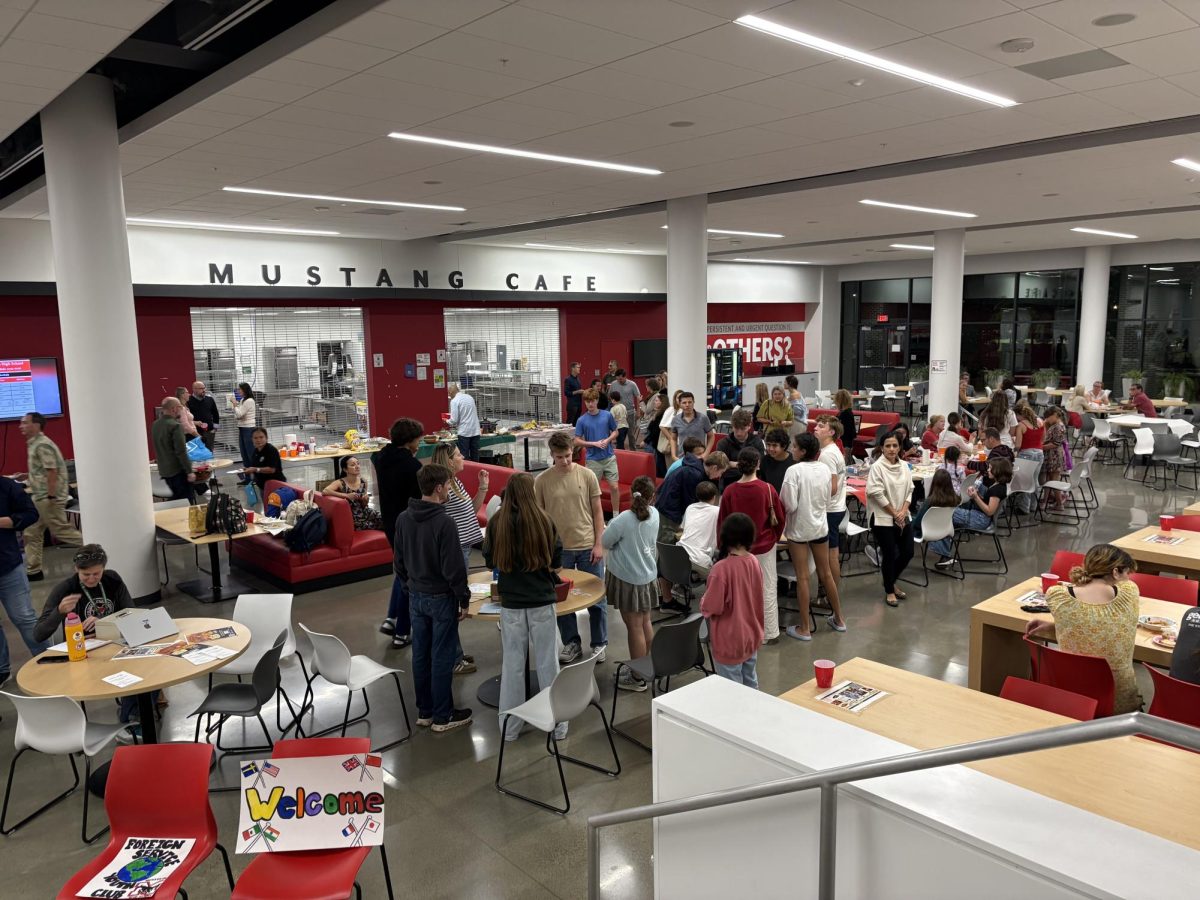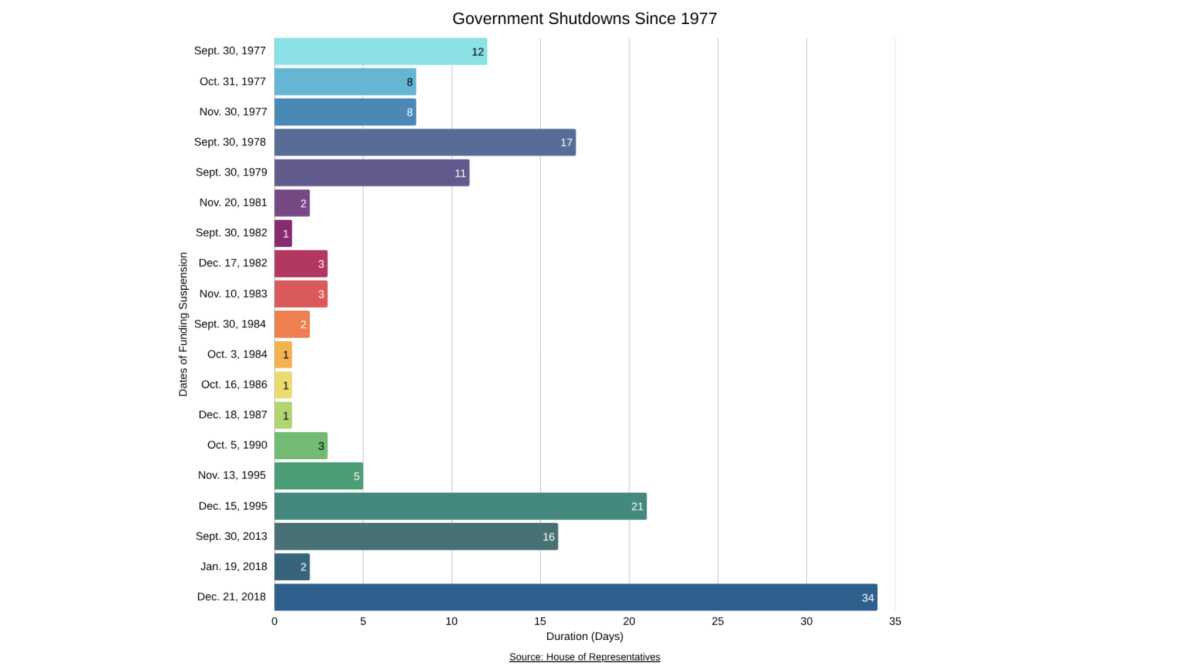On Jan. 30, 2024, members of the Falls Church City Education Association, the union for teachers and school employees in Falls Church, voted to ratify a new contract regarding pay, benefits, and working conditions, which the School Board will consider on March 12. This comes after a year of bargaining and negotiations.
The bargaining was split between two groups, certified and non-certified employees. Certified employees hold a license from the Virginia Board of Education, and the vast majority of them are teachers. They also got the bulk of the monetary benefits from the agreement.
“I’m very excited about wage increases that we’ve been able to guarantee … we wanted to make sure that we could be guaranteed pretty basic increases over the terms of this contract,” explained Ms. Mahony, the head of the collective bargaining unit for certified employees, and a government teacher at Meridian high school.
Money isn’t the only thing that teachers won in the discussion.
“We were also really excited that we maintained some Staff Advisory Committees and kind of restructured them a little bit … In a lot of ways, the money’s great, but it’s really the voice that is important to our membership,” Ms. Mahony said.
However, certified employees are not the only group of people making progress through this contract. Non-certified employees won a variety of benefits as well.
“I think a strong point is definitely compensation… and having it mostly tied to inflation. Inflation is steep, and this will give us more stability,” said Mr. Jeff Buck, a Mary Ellen Henderson civics teacher, and the representative for non-certified employees.
This new collective bargaining contract will likely have positive impacts on students as well, assuming it passes the school board vote.
“For non-certified staff, who have been here for 20 to 30 years in their positions, this will have a great impact on students in terms of building relationships with them,” Mr. Buck said.
Additionally, Ms. Mahony is hopeful that the successful contract will encourage more teachers to join the union in the future.
“I really look forward to including more staff. We had staff that were really into this, but we still didn’t get 100% of staff into it. It’s been really cool to see staff get excited and realize that they have rights and realize that they can ask for things,” she said.
Additionally, she is optimistic that as time goes on, the Union will be able to have more and more influence.
“The School Board allowed us to negotiate over wages and benefits, but very much limited discussion of workplace issues, like the more student facing things that we would like to see. We were allowed to negotiate some of those things in the end, and then as time goes on, we’re going to be allowed to bring more of those topics to the table.”
The process of negotiating was a long and hard one, with many barriers to be overcome and compromises to be made, and Ms. Mahony acknowledges that change will be a slow process.
“I really wanted to have a formal place for us to solve issues that are important, and those goals were met, eventually… I recognize it’s hard for management to to engage in this and it takes some real change, shift in openness to a shift in power, essentially. That’s just gonna take a while,” Ms. Mahony explained.
The bargaining was not a perfect process, many of the kinks were still being worked out, especially due to the fact that it was the first time the two groups tried to bargain. Additionally, the bargaining window was short, making it difficult to reach an agreement. But both teachers believe further progress can be made in the future.
“In the future contracts, we’ll be able to bring more things to the table to negotiate … [the timeline] was condensed over the summer,” Mr. Buck pointed out. “Not everyone was available… I think being able to speak over a couple years will be much more beneficial for our staff.”











